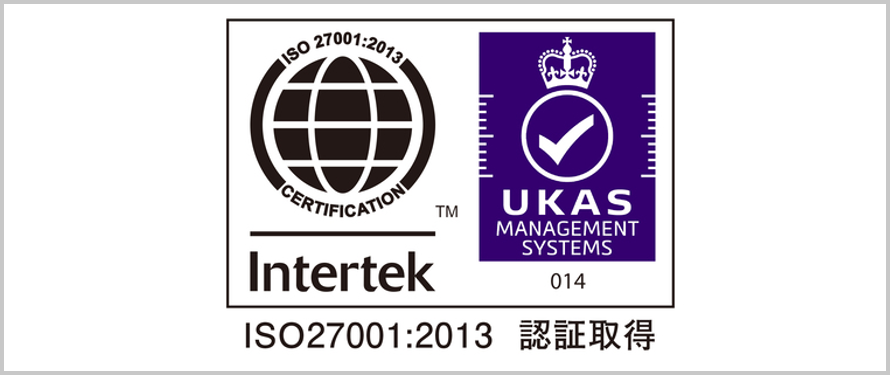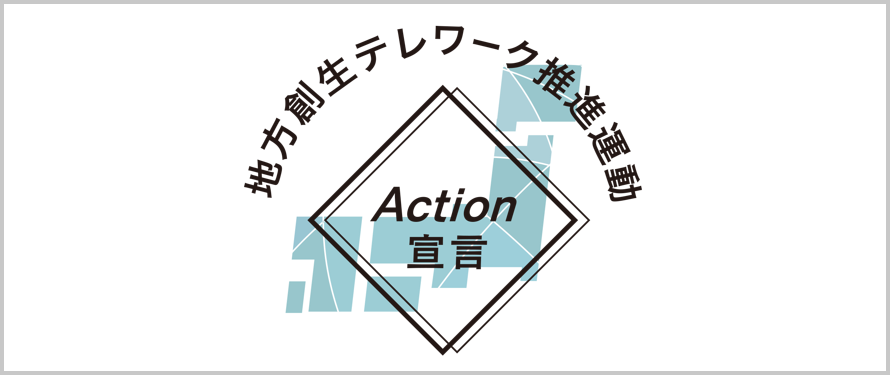Please tell me the comparison and differences between cloud servers and on-premises (physical servers).
Comparisons and differences between cloud servers and on-premises (physical servers) include the following features:
| Characteristics of cloud servers | |
| Safety | ・Since the hardware infrastructure (server/network) is redundant as standard, there are fewer service outages due to hardware failures. |
| Operational aspect | ・You can immediately build a server, add more servers, and improve specifications without choosing the location of the server.
- The server can be scaled out for high load access. |
| Price aspect | ・Since most cloud services charge a pay-as-you-go fee for the amount of data transferred, monthly costs fluctuate.
・Service fees for overseas cloud services, such as AWS, GCP / Azure / Oracle Cloud, etc., fluctuate monthly due to exchange rates. |
| merit | - Resources can be added as needed and in the amount needed, making it easy to add resources.
・Even if the server configuration is the minimum configuration at the time of cloud introduction, specifications can be increased or decreased after the service starts. |
| Demerit | - Since the hardware infrastructure and configuration are black boxes, it is difficult to determine the cause and evaluate performance when a failure occurs due to hardware.
・Since the amount of data transferred is pay-as-you-go, the cost of monthly service usage fees may increase. |
| comprehensive evaluation | ・For web services and systems where the access load to the server changes suddenly, such as games and apps / EC sites / media sites / digital content, the cloud is suitable because it can quickly respond to resource additions and scale-outs.
・When it comes to cloud reliability, most cloud services are audited annually by internationally recognized third-party auditing organizations to provide assurance regarding security, privacy, and compliance controls. |
| Features of on-premises (physical server) | |
| Safety | - Since the data is stored in a physical environment, the location of the server is clear. |
| Operational aspect | - Machine resources such as servers, firewalls, and load balancers can be monopolized by one company, making it easy to customize as a unique system according to the company's requirements. |
| Price aspect | ・Although initial installation costs are required, monthly costs are often fixed, so monthly cost management is stable. However, there are indirect human costs that are not visible, such as infrastructure maintenance man-hours, data center rack costs, electricity costs, and hardware manufacturer maintenance updates. |
| merit | - Because it is exclusively owned by one company, it is not affected by other users' systems. - Performance of machines and resources such as CPU/memory is clear. |
| Demerit | ・There is a risk of server outage due to physical hardware failure. ・It is difficult to improve the specifications of hardware resources. ・When initially introducing hardware, it takes time to size and estimate the system. |
| comprehensive evaluation | ・Since server machine/hardware resources can be used to the maximum, when developing a mission-critical system that does not go through the external Internet, a physical server can maintain stable and high performance than a cloud. I can.
・In performance evaluation compared to cloud services, some studies have shown that the performance results are more than three times higher. |
*Beyond can provide server operation, maintenance, and monitoring (24 hours a day, 365 days a year) even in on-premises (physical server) infrastructure environments.
In addition, in the case of designing and building an on-premises (physical server) infrastructure environment and providing on-site support, we will work with Beyond's infrastructure partners.
● Cloud/server design/construction
● Cloud/server migration/migration
● AWS cloud integration









